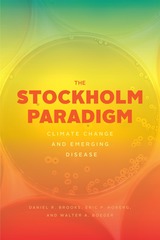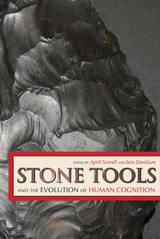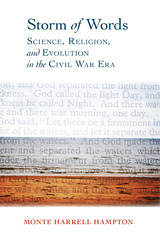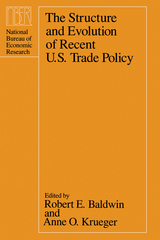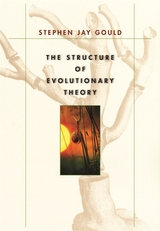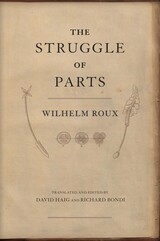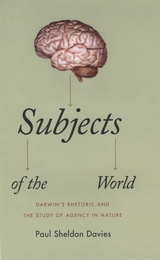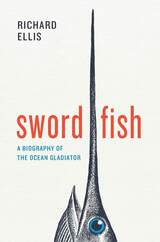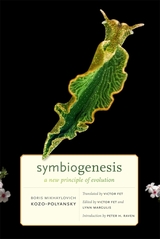Gay Print Culture: A Transnational History of North America
Duke University Press, 2026
Cloth: 978-1-4780-2958-8 | Paper: 978-1-4780-3304-2 | eISBN: 978-1-4780-6179-3 (standard)
See other books on: Activism & Social Justice | Gay Studies | LGBTQ+ Studies | North America | Transnational History
See other titles from Duke University Press
Cloth: 978-1-4780-2958-8 | Paper: 978-1-4780-3304-2 | eISBN: 978-1-4780-6179-3 (standard)
ABOUT THIS BOOK | AUTHOR BIOGRAPHY | REVIEWS | TOC
ABOUT THIS BOOK
In Gay Print Culture, Juan Carlos Mezo González investigates the relationship between transnational gay liberation politics, periodicals, and images in Mexico, the United States, and Canada from the early 1970s through the mid-1990s. Mezo González examines the production, content, circulation, and reception of leading gay periodicals published in these countries, including community-based gay liberation publications and commercially oriented gay lifestyle and erotic magazines. He demonstrates how they aimed to visualize the political goals of gay liberation, particularly those concerning the liberation and celebration of homoerotic desires. Mezo González contends that visualizing these goals allowed activists, editors, publishers, and artists to foster the formation of gay communities and identities while advancing gay liberation movements at the local, national, and international levels. In so doing, he furthers understandings of the transnational nature of gay periodicals, the relationship between gay liberation politics and visual culture, and the existing tensions between the liberation of some and the oppression of others across the American continent.
See other books on: Activism & Social Justice | Gay Studies | LGBTQ+ Studies | North America | Transnational History
See other titles from Duke University Press

